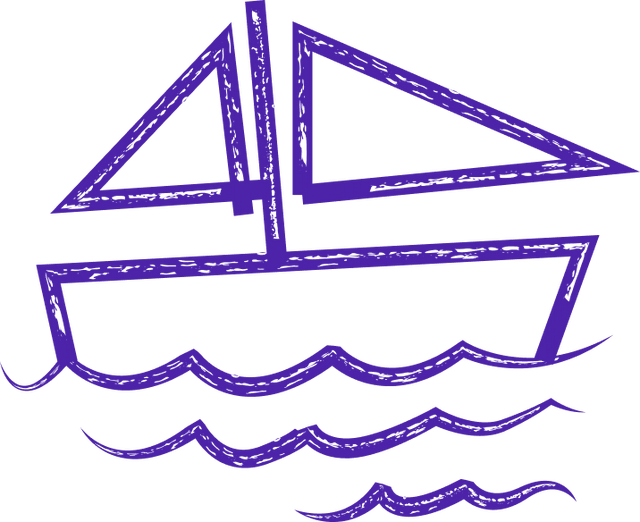
what is common object request broker architecture corba
Common Object Request Broker Architecture (CORBA)
CORBA was developed by the Object Management Group (OMG) in the early 1990s as a response to the growing need for distributed computing systems to communicate and work together efficiently. It was designed to address the limitations of previous distributed object technologies, such as Remote Procedure Call (RPC), by providing a more flexible and extensible framework.
At its core, CORBA is based on a client-server model, where objects are represented as interfaces that define the operations they can perform. These interfaces are described using the Interface Definition Language (IDL), which is a language-agnostic specification that allows objects to be described in a platform-independent manner. IDL provides a way to define the methods, parameters, and data types that can be used to invoke operations on remote objects.
CORBA uses a middleware component called the Object Request Broker (ORB) to handle the communication between clients and servers. The ORB acts as an intermediary, receiving requests from clients and forwarding them to the appropriate server objects. It transparently handles the complexities of network communication, including marshalling and unmarshalling data, as well as managing object references and locating the appropriate server objects.
One of the key advantages of CORBA is its support for interoperability between different programming languages. By using IDL as a common interface definition language, CORBA allows objects written in different languages, such as Java, C++, or Python, to communicate and interact with each other seamlessly. This enables developers to leverage existing software components and libraries, regardless of the language they were originally written in, reducing development time and effort.
Furthermore, CORBA provides a rich set of services and features that enhance the reliability, scalability, and security of distributed systems. These include transaction management, object persistence, event notification, and security mechanisms, among others. CORBA also supports the concept of object lifecycle management, allowing objects to be created, activated, deactivated, and destroyed dynamically.
Despite its many benefits, CORBA has faced some criticism and challenges over the years. One of the main criticisms is its perceived complexity and steep learning curve, which can make it challenging for developers to adopt and use effectively. Additionally, the rise of alternative technologies, such as web services and RESTful APIs, has led to a decline in the popularity and usage of CORBA in recent years.
In conclusion, Common Object Request Broker Architecture (CORBA) is a middleware technology that provides a standardized and platform-independent way for distributed objects to communicate and interact with each other. It offers a flexible and extensible framework for building distributed systems that can seamlessly integrate software components written in different programming languages. While facing some challenges and competition from other technologies, CORBA remains a powerful tool for developing robust and interoperable distributed applications. CORBA, or Common Object Request Broker Architecture, is a standard defined by the Object Management Group (OMG) that enables software components written in multiple programming languages to work together seamlessly across a network. At its core, CORBA allows different applications to communicate with each other regardless of the programming language or operating system they are using. This makes it an ideal solution for creating distributed systems where components need to interact with each other over a network.
One of the key features of CORBA is its use of an Object Request Broker (ORB) to manage communication between different software components. The ORB acts as a middleware layer that handles all communication between objects, allowing them to make requests and receive responses in a transparent manner. This decoupling of components from the underlying network infrastructure makes it easier to develop and maintain complex distributed systems.
Overall, CORBA provides a powerful and flexible framework for building distributed systems that can scale to meet the needs of modern software applications. By abstracting away the complexities of network communication, CORBA allows developers to focus on building robust and reliable software components that can easily interact with each other across a network.
Let’s build your next digital product — faster, safer, smarter.
Book a free consultationWork with a team trusted by top-tier companies.








